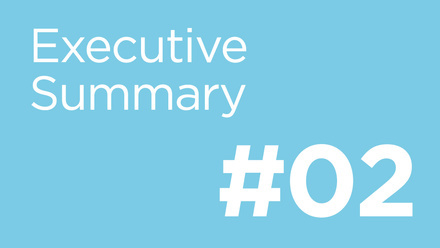Internationalising career services through cooperation

Over the last five to ten years, career services have been increasingly more integrated into the university internationalisation process, fuelling a profession-wide sense of imposter syndrome. A young field made up of often self-taught professionals trying to develop international standards whilst the global environment is rapidly changing – how to keep up?
I have often felt and still feel like an imposter. Like many in the careers field in continental Europe, at some point I somehow slipped into the role of Career Services Officer, without ever having had any formal training or even an explanation of what the broader work entails and what the general standards are. And I know I’m far from the only one.
Internationalisation of career services – one of the new frontiers
The vast majority of career services offices in Europe are ‘small shops’ – their employees need to be generalists. With little formal training to professionally prepare for these roles, most people are somewhat self-taught. I believe that this can often be a strength, because it constantly leaves you wanting to learn more to further improve, and because colleagues often have amazingly different backgrounds, adding a beautiful diversity of perspective to the field.
Still, this lack of resources and formal training leads to several problems in many institutions. Not least of these is the lack of career services that take into account the diversity of the (domestic and international) student body. Even when there are offerings specifically for international students, there is often an implicit assumption that all internationals have the same needs and face the same challenges.
Services previously focused on national employment opportunities must now cater to a more diverse student body with cross-border employment aspirations.
This is particularly true when it comes to the integration and support of international students into local labour markets, but also when we consider the outbound perspective. How well are Spanish career officers prepared to assist students in finding career placements outside of Spain? Or German career officers for careers outside Germany? Our solution is too often that we basically advise students to get advice somewhere else, whilst everyone else advises them to seek advice from us. This can work for very independent students, but others, I fear, fall through the cracks without many of us even realizing it – is it a coincidence that international students are overrepresented when it comes to recipients of student mental health services?
Services previously focused on national or regional employment opportunities are now faced with catering to a much more diverse student body with cross-border employment aspirations. Career services offices now need to be prepared to offer advice on global career paths, with the added challenge that many labour markets are not really prepared to take in international talent. That means specific resources need to be developed: for example, staff needs training (especially foreign language training) and company networks need to be developed, both at home and abroad.
Working towards enhanced cooperation
I have always wondered if a tiny part of the answer to these challenges could be a much more enhanced systematic cooperation between career services on a global scale. After all, if international offices manage to cooperate intensively worldwide, why shouldn’t that be possible for career services? Could cooperating to share employer networks have a greater impact on international student employability?
If international offices manage to cooperate intensively worldwide, why shouldn’t that be possible for career services?
Whatever form such a cooperation should take, it would demand that we gain a much deeper understanding of the circumstances under which our international career services peers operate. What are their needs? How can we create value for students? These are the questions we must strive to answer in internationalising and professionalising career services.



